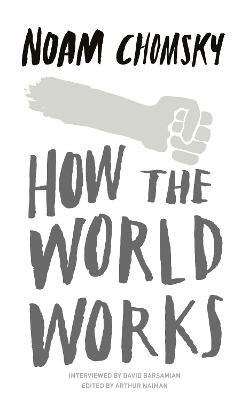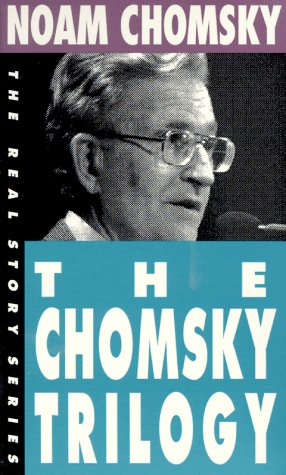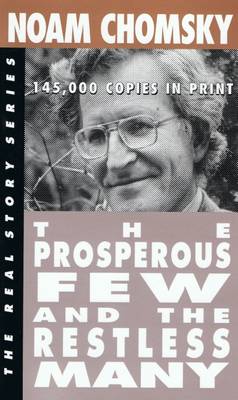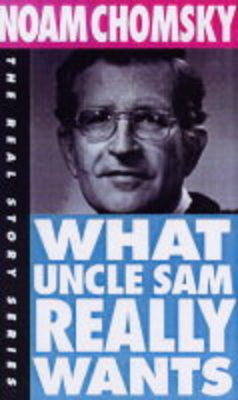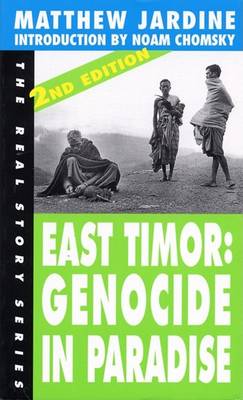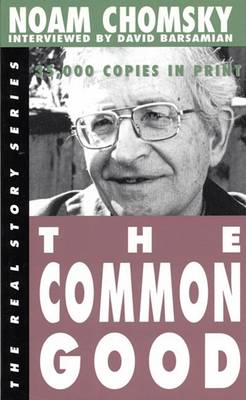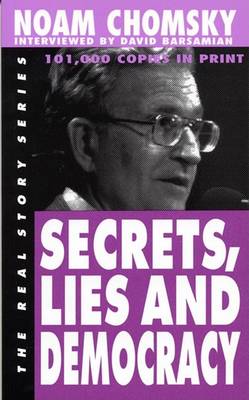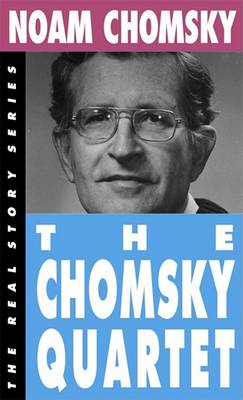Real Story
8 total works
'The world's greatest public intellectual' Observer
The essential guide to Chomsky and his brilliant ideas on the global state of affairs
An extraordinary collection of Chomsky's speeches and his interviews with David Barsamian, edited by Arthur Naiman. With exceptional clarity and power of argument, Noam Chomsky lays bare as no one else can the realities of contemporary geopolitics.
Including classic essays such as:
* What Uncle Sam Really Wants: A dissection of US foreign policy
* The Prosperous Few and the Restless Many: Examining the new global economy, food and the roots of racism
* Secrets, Lies and Democracy: The CIA's actions in relation to religious fundamentalism, global inequality and the coming eco-catastrophe
* The Common Good: unmissable writing on equality, freedom and the media
____________________________________________________________________________________________
'One of the finest minds of the twentieth century' The New Yorker
'A rebel without a pause' Bono
'One of the greatest, most radical public thinkers of our time. When the sun sets on the American empire, as it will, as it must, Noam Chomsky's work will survive' Arundhati Roy
A brilliant distillation of the real motivations behind U.S. foreign policy, compiled from talks and interviews completed between 1986 and 1991, with particular attention to Central America.
Quotes from Noam Chomsky:
* Contrary to what virtually everyone - left or right - says, the United States achieved its major objectives in Indochina. Vietnam was demolished. There's no danger that successful development there will provide a model for other nations in the region.
* At exactly the moment it invaded Panama... the Bush administration announced new high-technology sales to China [and] plans... to lift ban on loans to Iraq... Compared to Bush's buddies in Baghdad and Beijing, Noriega looked like Mother Teresa.
* Prospects are pretty dim for Eastern Europe. The West has a plan for it - they want to turn large parts of it into a new, easily exploitable part of the Third World.
After World War II, many Nazis were spirited off to Latin America, often with help from the Vatican and fascist priests. There they taught Gestapo torture techniques to US-supported police states modelled, often quite openly, on the Third Reich.
